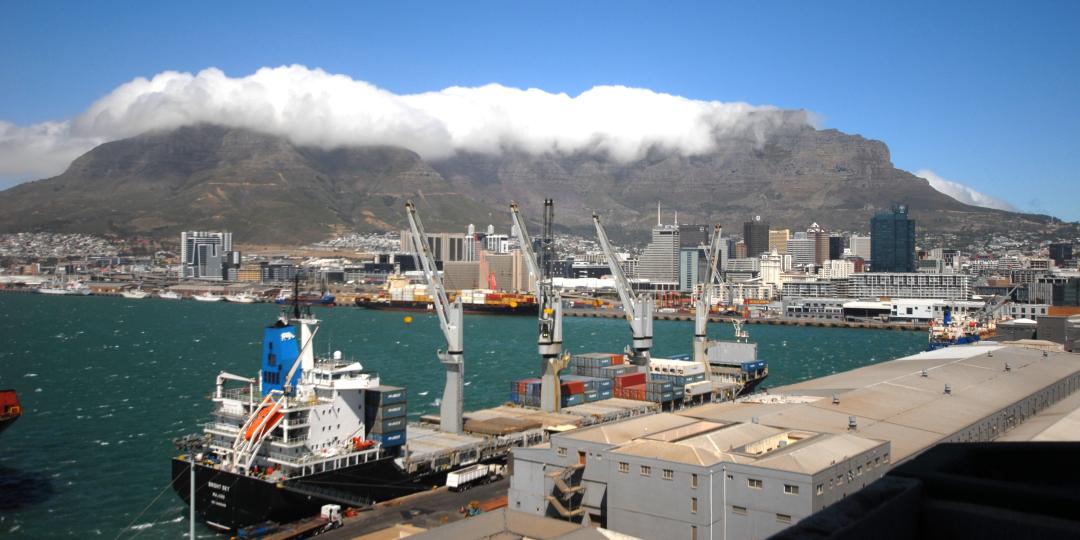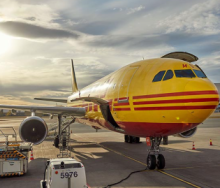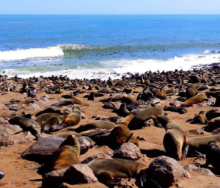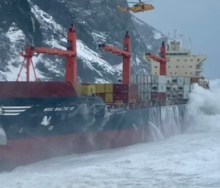South Africa’s logistics and supply chain industry is still waiting to learn more about wind ferocity and gusting patterns affecting freight movement in Table Bay following academic research, the findings of which Transnet National Port Authority (TNPA) is said to be aware of.
An industry insider based in Cape Town said a final report, compiled by the Centre for Scientific and Industrial Research (CSIR) and the University of Stellenbosch (US), had been given to South Africa’s ports’ landlord at least two weeks ago.
The source, a respected industry stakeholder, said Rajesh Dana, acting managing executive for TNPA’s Western Region, confirmed receiving the report at the beginning of April.
“The study was started about a year and a half ago and, from what I know, they’re trying to predict wind according to patterns,” said the source, who talked to Freight News on condition of anonymity.
“I believe Transnet wants to first go through the report before releasing its findings to industry. If we don’t receive it this month, we will hopefully know what the CSIR and US found out next month.”
In January, it was reported that the CSIR and Alliance for Collaboration on Climate and Earth Systems Science (Access), which consists of multiple agencies, research councils, universities and research groups working alongside the Department of Science and Innovation, found that the wind in Cape Town had become “aberrant”.
Access programme director Dr Neville Sweijd remarked that the port had lost 1 200 operational hours on average because of inclement conditions, especially sporadic wind gusting at 80 km/h and higher, forcing the port to close because of safety concerns.
At the same CSIR-Access event in January, TNPA technical director Magenthran Ruthenavelu said wind studies at the Port of Cape Town served to harness intelligence about wind prediction and how to deal with related disruption.
The source who told Freight News about the report, said: “It’s going to be interesting to finally find out what they found out about the wind, but I can’t see how it’s going to change anything.
“If the wind blows it blows and there’s nothing you can do about it. It’s the same as studies about long-wave action which hits hulls underneath, causing vessels to range during some seasons.
“They brought in shore-tensioners to hold vessels in place on the quayside, but they only use them when the long wave hits. It’s difficult to predict these things.”













